Exclusive Preview: The Unmothers by Leslie J. Anderson
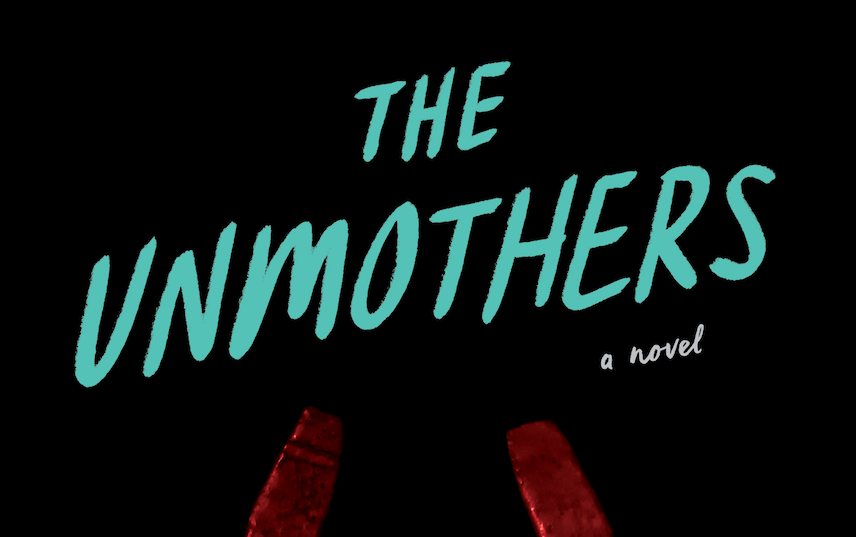
I had the opportunity to read an early copy of The Unmothers and friends, all I can say is: holy shit.
Well, that’s not true, I can say more than that. This book is absolutely stunning. The writing is raw and relentless. Every time I thought I understood the horror of what I was reading, the story went deeper. It’s my thrill to share the cover of this absolute barnburner of a novel with you today, and what a cover it is. Check out Andie Reid’s phenomenal cover art below and read an exclusive excerpt from The Unmothers.
In this emotionally raw and propulsive folk horror-mystery, a journalist goes to a small town and unravels a dark secret that the women have been keeping for generations.
Marshall is still trying to put the pieces together after the death of her husband. After she is involved in a terrible accident, her editor sends her to the small, backwards town of Raeford to investigate a clearly ridiculous rumor: that a horse has given birth to a healthy, human baby boy.
When Marshall arrives in Raeford, she finds an insular town that is kinder to the horses they are famous for breeding than to their own people. But when two horribly mangled bodies are discovered in a field—one a horse, one a human—she realizes that there might be a real story here.
As she's pulled deeper into the town and its guarded people, her sense of reality is tipped on its head. Is she losing her grip? Or is this impossible story the key to a dark secret that has haunted the women of Raeford for generations?
Unbearably tense and utterly gripping, this atmospheric tale of female rage, bodily autonomy, and generational trauma hails the arrival of a masterful storyteller.
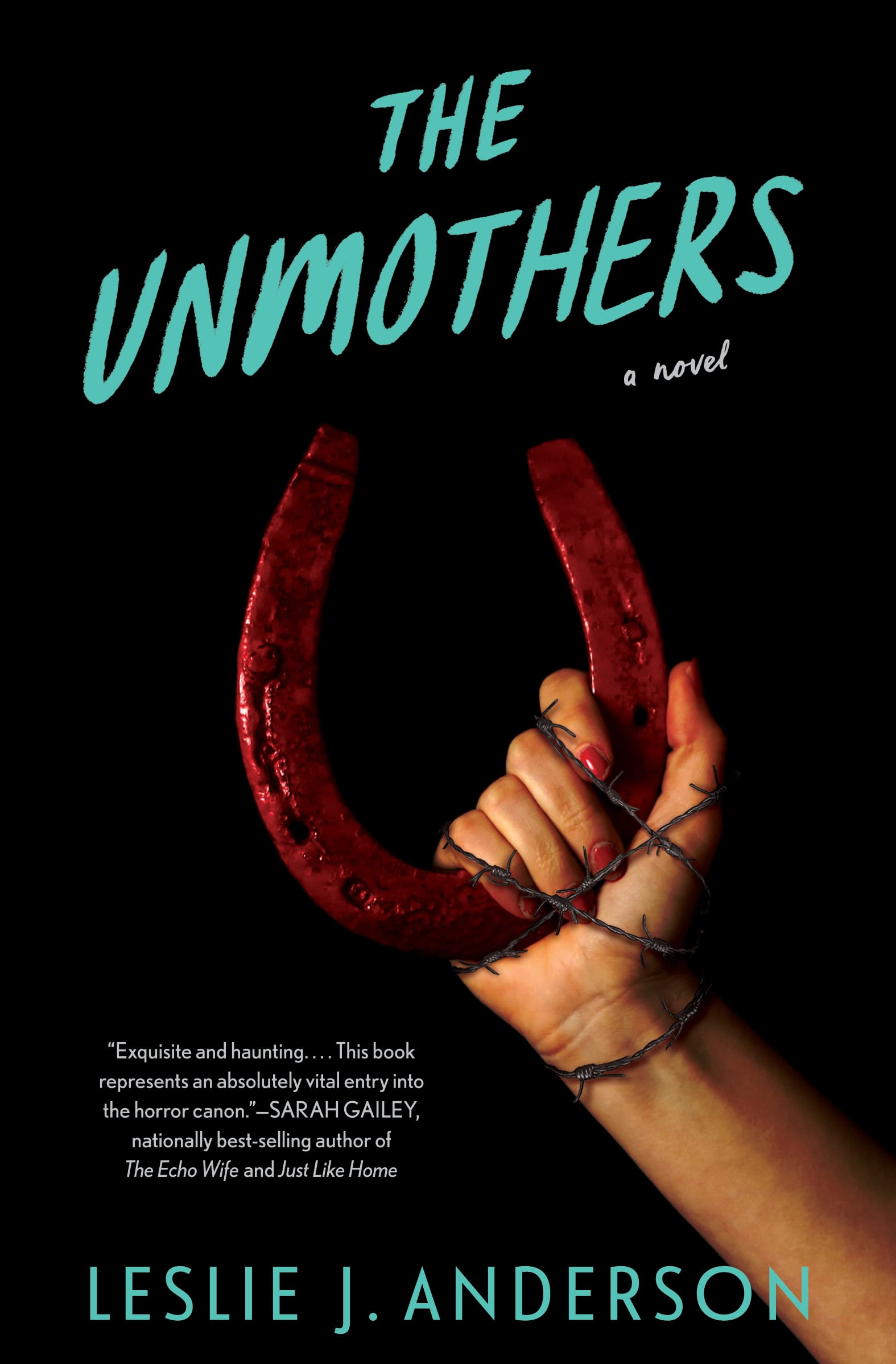
Here’s what Rebecca Gyllenhaal, Associate Editor at Quirk Books, had to say about this novel:
“I had a hunch The Unmothers was special from the startlingly original pitch: a grieving journalist is sent to a small town to investigate an outlandish rumor that a horse has given birth to a human baby. That hunch was confirmed after reading just a paragraph of Leslie’s masterful prose. While most horror fiction explores the terror of death, Leslie inverts the genre by grappling with the terror, anguish, and viscerality of birth. It’s folk horror at its best, and I know readers will be utterly immersed in Leslie’s world, where horses have human eyes, the townsfolk are afraid to walk through fog, the priest leaves out milk and sugar for the dark creature that stalks the woods, and female rage is transformed into a palpable and terrifying force.”
Andie Reid, Art Director at Quirk Books, on the cover design and execution:
“For the cover, I explored the theme of how bodies are controlled that is at the heart of Leslie’s story. Initially, we were convinced this cover would feature a horse, but this direction with a hand felt so much more personal and jarring. The horseshoe, hand, and barbed wire add up to something vaguely unsettling even if you’re not exactly sure what’s going on. I hope it sparks people’s curiosity and leads them to Leslie’s distinctly terrifying story.”
Leslie J. Anderson, Author, speaks on what inspired a book that I read in one sitting, but strangely does not apologize for writing something so stunning that I had to lie down on the floor for half an hour after finishing it:
“I spent most of my childhood being underfoot in a stable that rescued abused horses. I was surrounded by strong, angry women who fought against a world that disposed of anything they saw as weak. As I began studying literature, I did not see these women reflected in novels and poetry, and if they were, they were cured by love or towers or asylums. This book is a love letter to the anger of the women who raised me. In this book I imagine a world where just anger can manifest, can lash out, and can transform the future for a whole town.”
An Exclusive Excerpt from The Unmothers
Myths about horses begin with the sea, but there is no sea near Raeford. There are small, wandering creeks and the Narrow Bone River, but no sea. So Raeford’s horses must have come from somewhere else, not fighting out of the waves but wandering out of the dark forests, rising from the pine needles, tumbling down like ripe apples from the branches. It was easy to believe, if you stood on one of the sagging porches and looked over the dark pastures and forests, that the place had some of the terrible, pounding magic of the sea. The heartlessness of the sea. Dark creatures hid in the coves and shallows of its wild places like hungry eels stitched into the reefs. The blackness of midnight was heavier there, thicker, and smelled like ozone and decay. It felt like it was on the edge of creation or destruction.
That was one reason why, on the night of June twenty-first, Agatha Bently’s first reaction when she heard an infant’s cries carry over those fields, through that gloomy miasma, was surprise and then fury and then resignation. This thing had happened before and would happen again. She rose and pulled on her boots and headed to the barn, where she was needed.
Something had been born, unexpected, the salt of the sea in its lungs. It screamed and screamed and it lived.
Chapter 1: Marshall
Carolyn Marshall wanted a cigarette so bad it made her chest hurt. She kept pulling the pack out of her duffle bag and selecting a cigarette before she remembered that she was on a bus, and there was no smoking on the bus. The woman across the aisle from her kept glaring, as if Marshall would start smoking right then and there, and wasn’t simply at the mercy of her tattered, tremulous nerves. Everything seemed harder these days, and Marshall just wanted a smoke. She set the unlit cigarette in her mouth and pulled the tabloid out of the side pocket of her bag.
The front page had a picture of three white people standing with a horse in a muddy pasture. The horse looked concerned, or so Marshall guessed. She didn’t have much experience with horses, but she could see the hard, arched muscles in its neck, as if it was wincing as the photo was taken. Two women were standing near the horse’s head, looking toward the camera, their frowning faces carved deeply.
Between them was a young man—a teenager, gawky, tall, and thin, holding a baby. Marshall couldn’t see the teenager’s face, because it was blurred, as if he’d suddenly looked downward just as the picture was taken, unable to look away from the infant long enough for the photographer to do their work. The baby, for its part, existed only as a bundle of the blankets and a single fist held in the air.
The headline read Horse Gives Birth to Healthy Baby Boy.
She’d read the article, a two-page spread with pictures of the town, the baby, the horse, and another blurry photo of the young man. It looked like he had posed for a moment and then regretted it, trying to duck out of frame. There might have been other, better photos, but the tabloid selected this one for a reason. This one made him look shifty. It made him look guilty. It went perfectly with the caption below it, The Proud Father, Roswell Bently.
The article was vague. Did the boy fuck the horse? Did he find an abandoned infant he was now strangely claiming as his own? Was it his child with some now-absent girl and this strange story was their cover? The article drew no conclusions, quoted only a local man and a local high schooler. Marshall immediately knew the writer had made at least parts of the quotes up, judging from the nearly story-perfect wording, but she couldn’t fault him too much. Sometimes you just wanted to finish the article and leave.
She flipped back to the cover and looked at Roswell. Her mission was to get an interview with him—find the story if there was one. She already hated the whole ordeal. It wasn’t the sort of thing she usually covered. It wasn’t even the sort of thing her newspaper covered, but this was her punishment. This was limbo. Or it was worse than that, the option she could not fully consider—this was a gift. This was pity. They were forcing her to take some time away. If she was very good and toed the line everything would work out and she could come home, and everyone could forget that she’d lost her mind for a little while.

Leslie J. Anderson’s writing has appeared in Asimov’s, Uncanny Magazine, Strange Horizons, Daily Science Fiction, and Apex, to name a few. She writes for the popular podcast The CryptoNaturalist. She also hosts and produces Cartoon Crosstalk Columbus for Cartoon Crossroads Columbus.
Her collection of poetry, An Inheritance of Stone, was released from Alliteration Ink and was nominated for an Elgin award. Poems from it have won 2nd place in the Asimov’s Reader’s Awards, and were nominated for Pushcart and Rhysling award.
Leslie has a Creative Writing MA from Ohio University and currently works as a marketing and communications manager for a financial consulting firm. She lives in Ohio in a small, white house beside a cemetery, with three good dogs and a Roomba.

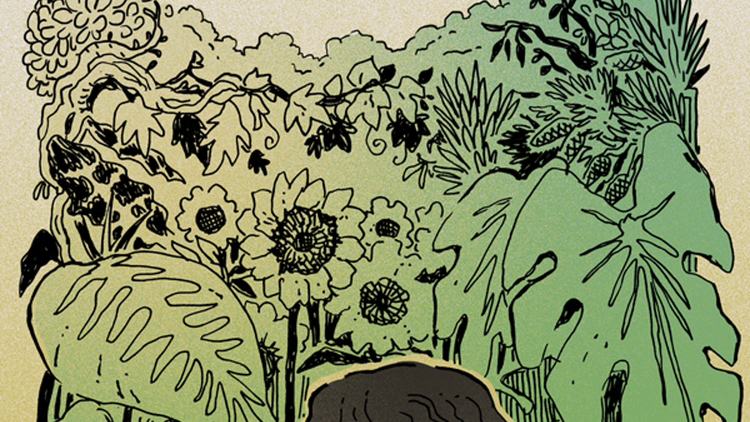
![Guest Host [sarah] Cavar](/content/images/size/w750/2025/03/COVER---Failure-to-Comply.jpg)

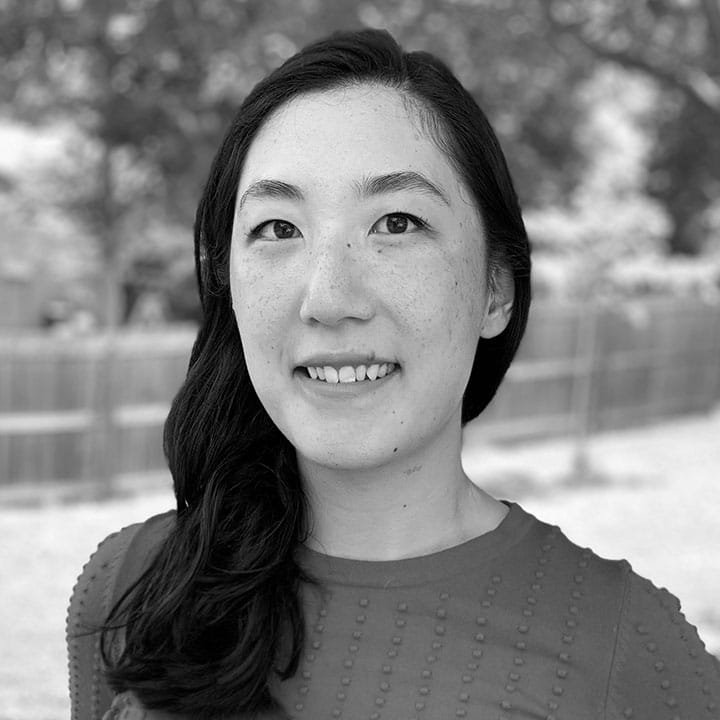
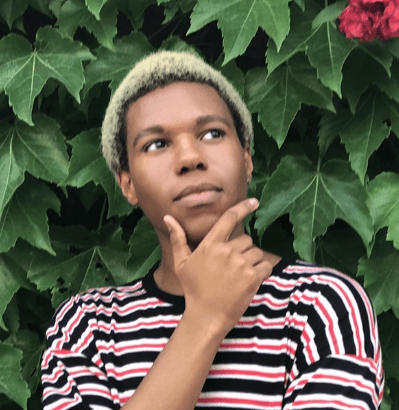
Member discussion